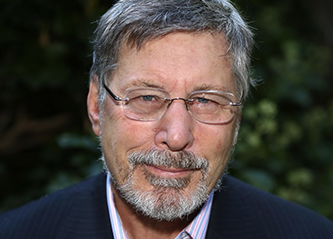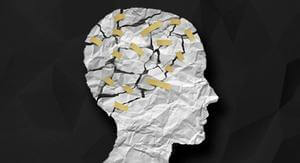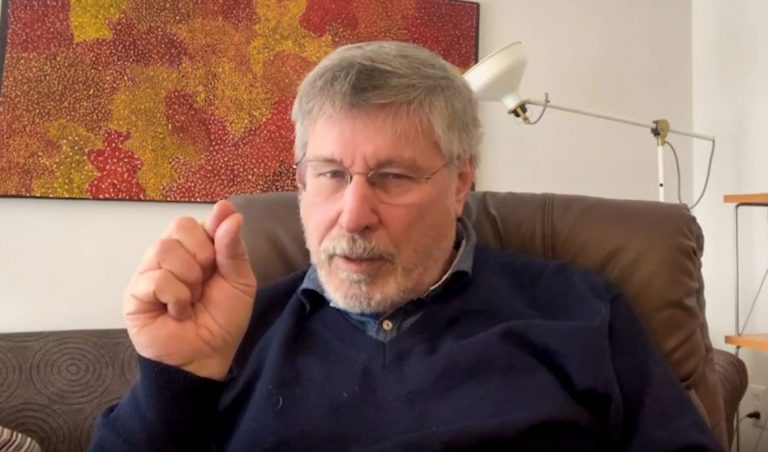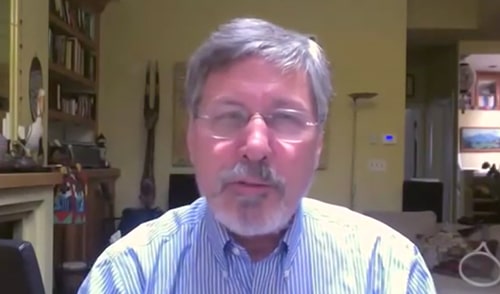NICABM Experts
Bessel van der Kolk, MD
Unlock the Secrets of Healing Trauma with Expert Bessel van der Kolk, MD
Discover the groundbreaking techniques that are revolutionizing the treatment of trauma

Bessel van der Kolk, MD, is arguably the world’s leading expert in the treatment of trauma – especially when it comes to how trauma affects the brain, body, and nervous system.
Transform Your Practice Today with Bessel van der Kolk’s Courses:


The Neurobiology of Attachment
3 CE/CME Credits Available

How to Work with the Traumatized Brain
3 CE/CME Credits Available

The Treating Trauma Master Series
10 CE/CME Credits Available

Expert Strategies for Working with Traumatic Memory
2.75 CE/CME Credits Available

How to Work with the Limbic System to Reverse the Physiological Imprint of Trauma
3.25 CE/CME Credits Available
About Bessel van der Kolk:
Throughout his career, Bessel has been at the forefront of research on traumatic stress and the development of clinical therapies to treat it. He has pioneered approaches that focus on calming the nervous system, increasing self-regulation skills, and grounding patients in the present. In his research, Bessel has worked with a variety of clinical approaches, including neurofeedback, EMDR, psychodrama, and yoga.
Bessel has been instrumental in developing cutting-edge clinical therapies that focus on calming the nervous system, enhancing self-regulation, and grounding patients in the present moment.
Here are some of Bessel van der Kolk’s pioneering contributions to the field of trauma therapy:
- Author of the groundbreaking book, “The Body Keeps the Score,” which has become a seminal work in the field of trauma therapy
- Founder of the Trauma Research Foundation, dedicated to advancing the understanding and treatment of traumatic stress
- Developed innovative treatment approaches, including the integration of neurofeedback, EMDR, psychodrama, and yoga in trauma therapy
- Recognized for his research on the role of the limbic system in traumatic memory and the importance of body-based interventions
- Challenged conventional thinking by demonstrating the limitations of talk therapy in treating trauma and the need for alternative, experiential approaches
What Professionals Are Saying About Bessel van der Kolk’s Courses:

The kind of practitioner that I want sitting on my shoulders during sessions . . .
“It was fascinating to hear Bessel van der Kolk speak with such humility and authority. It is reassuring to have such a practical and real approach to supporting children who experience trauma. He is the kind of practitioner that I want sitting on my shoulder during sessions with children.”
Janet Wilde, Psychotherapeutic Counselor
England

Bessel's comments on single incident trauma vs. longterm childhood neglect were poignant and important.
“I was particularly taken with Bessel’s commentary on the importance of engaging people in somatic-based exercises and interventions (regulating heart rate variability, touch, yoga, meditation) as a way of managing trauma. His comments about the impact of single incident traumas vs. long term childhood neglect, were also poignant and important for me to have heard.”
Paul Darby, LPC
Boulder, CO

. . . instrumental in opening my mind and heart to understanding trauma.
“These seminars have been instrumental in opening my mind and heart to understanding trauma. They are brief and accessible and of such high quality that I’ve been able to glean real understanding and a starting point for further study. I can’t say enough about them. I have recommended them to so many of my colleagues and they say the same things I do about them. Thank you Ruth!”
Angela Lawrence, Drug and Alcohol Counselor
British Columbia, Canada
Find out more about Bessel van der Kolk’s approach to working with trauma here:

Working with Trauma-Induced Shame
How do we help clients begin to unpack deep layers of shame . . .

How Limbic System Therapy Can Help Resolve Trauma
Targeting the limbic system can make our interventions more effective. . .

3 Ways Undiagnosed Trauma Disrupts Lives
When people have trouble paying attention, when they’re too emotional . . .

Three Ways Trauma Changes the Brain
The treatment of trauma can be some of the most complex work practitioners face. . .